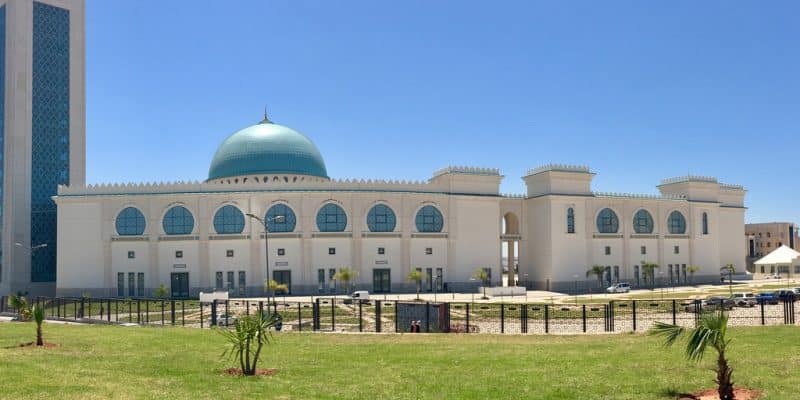The first of its kind in Algeria, the project to build a Green Mosque in Sidi Abdellah has been launched, 40 km from the capital Algiers. The initiative, which has the backing of the religious authorities, will contribute to climate action in this North African country.
The religious authorities want to support climate change. They agreed on this, following the forest fires that claimed 38 lives in the north of Algeria in August 2022. As a result, Algerian imams have started building the green mosque in Sidi Abdellah, which will be built on an area of 9,000 m2.
Also Read: Planned Algerian national electricity grid modernization project receives boost
Overview of the Green Mosque in Sidi Abdellah
The creation of this mosque will take into account environmental norms to combat drought. This was made known by Mustapha Cheikh Zouaoui, Secretary General of the Ministry of Housing, Urbanism, and the city, who recently presided over the ceremony to lay the project’s first stone.
As a result, the first green mosque in Sidi Abdellah, Algeria will reuse wastewater for cultivation. Green wall and window construction, as well as the installation of solar panels that can reduce energy usage by 50%, are tasks that must be finished by 2024.
The primary structure consists of a ground floor with 2,500 seats and three stories. The first story will have the ability to hold 2,500 worshipers, with the third floor being designated for women only. The minaret is the tallest tower from which the Muslim faithful hear the call to prayer. It will be 47 meters long and have two staff quarters.
Additionally, each of the quarters will have an air conditioning system connected to the mosque. There will be a conference room, a library, a Koranic school, and other amenities. However, the project’s ecological appeal is diminished by the addition of energy-guzzling air conditioning systems.

